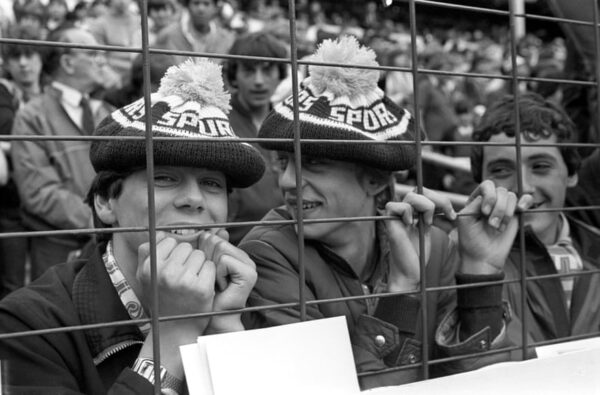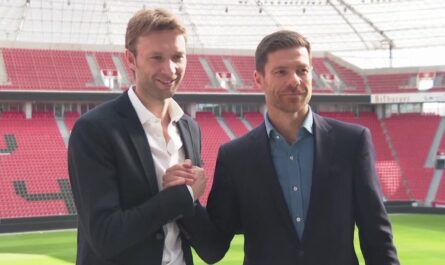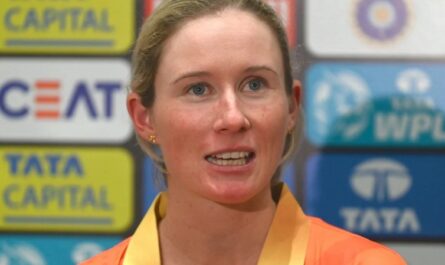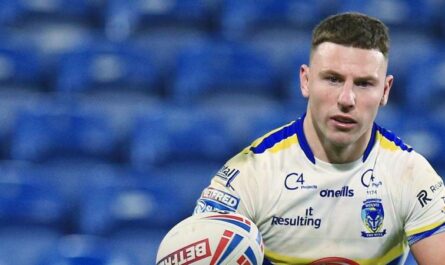ANDit was a movement that divided public opinion. When news broke in the summer of 1983 that Division One matches would be shown live on the BBC and ITV, there was more anxiety than expectation. The £5.2m deal gave the channels five league matches each, although the BBC only covered four due to the technicians’ strike. There was no over-exposure during the first full season of live coverage, but the link between the national match and television changed the sport forever.
ITV showed the only league game live, a match between Blackpool and Bolton in 1960, but on Sunday 2 October 1983, the televised football revolution began in earnest. Tottenham vs Nottingham Forest was a point of no return.
There were doubts about whether the live league would work. With declining attendance and declining viewership for highlights packages, was there really a market for this new product? Writing in the Guardian, David Lacey wondered if clubs were aware of the dangers: “A great match on TV will convince fans that it is a better way to look at football; a poor game will convince them that it’s not worth paying to watch anyway.”
Others saw it as an opportunity. “Give TV football a chance,” wrote Jimmy Greaves in The Mirror. “Let’s use this to promote the best of our great game. We will reach millions of viewers, many of whom may simply return to the pitch if they see that we can continue to produce football that is worth watching.
A big problem with Greavsi’s optimism was the state of English football. In 1985, the Sunday Times described it as “a slum sport played in slum stadiums and increasingly watched by slum people”, a not-so-polite way of saying that football was out of fashion at the time. Were TV companies successful in whipping a dead horse?

Tottenham have gone to great lengths to entice supporters at White Hart Lane for the first live league match of their new deal. Spending £2,500 on advertising, their message was “It’s not really live unless you’re there”. With performances from Chas and Dave, Warren Mitchell (Alf Garnett), the marching band and the skydiving team, the club put on a show.
Spurs also offered free transport from Ware, Hertford, Hoddesdon, Broxbourne, Cheshunt, Waltham Cross and Harlow, with the first 1,000 children passing through the gates receiving a free programme, a pen and an autographed team photo. “The goal is obviously to get as many people out of their homes as quickly as possible,” said Mike Lewis, the club’s commercial director. “If we don’t get them out before dinner, they’ll just stay home and watch it on TV.”
One man in particular was unimpressed with the match starting at 2:35 p.m. on Sunday. Tottenham manager Keith Burkinshaw was adamant that television should not be in charge of the schedule. “It’s an outrage that we can be dictated to like this and I’m not going to support it. It’s our home game and we’ll start it when it suits us – not in front of the TV cameras. All our afternoon games start at three. I see no reason why it should be any different and I will fight to the end.”
In retrospect, Burkinshaw’s comments may seem naïve, but his views hold true for supporters who believe that TV companies have too much control. “We are punishing our season pass holders,” added Burkinshaw. “They bought their seats to watch football on Saturday afternoon, not Sunday. Sometimes we forget about the people who are there for us in every situation.
Burkinshaw, like many other football figures, was concerned about the potential impact on attendance. The Football League has set up a £300,000 pot to be used to compensate clubs if their goals go down. Tottenham planned to get involved if Forest’s game drew less than 30,000. Thankfully, they didn’t have to.
The match itself was one of the most interesting in the football calendar. Burkinshaw and his counterpart Brian Clough enjoyed playing football on grass rather than in the air, and the two clubs really should have met in the UEFA Cup final later in the season were it not for the questionable tactics employed by Anderlecht.
The crowd of 30,596 was the largest for a Premier League weekend, dispelling initial fears. Tottenham chairman Douglas Alexiou was delighted. “It was a great deal, great crowd. We tried to make it a day off for the family and we hope some of them will come back and see us play again.
Coverage began just five minutes before kick-off with Jim Rosenthal presenting, Greaves assisting and the excellent Brian Moore commenting along with Ian St John. They didn’t have to wait long for the first goal. Colin Walsh opened the scoring for Forest with good action from Steve Wigley and Viv Anderson.
When Tottenham broke through Forest’s defence, they were thwarted by the excellent Hans van Breuklen, the Dutch goalkeeper who repeatedly knocked Glenn Hoddle away. But the game changed when winger Gary Brooke replaced Alan Brazil in the second half. Brooke’s fine cross allowed new signing Gary Stevens to equalize in the 69th minute, and with five minutes left, Brooke headed a free-kick into Mark Falco’s goal, giving Steve Archibald a draft pass and giving Tottenham their first league win at home of the campaign .
In general, the afternoon could be considered successful, although there were reservations. Amusingly, St John told viewers: “Better to be here than sitting at home watching TV.” Moore interjected, telling him, “I’m not sure you should say that.” But St. John was not alone in his opinion.


